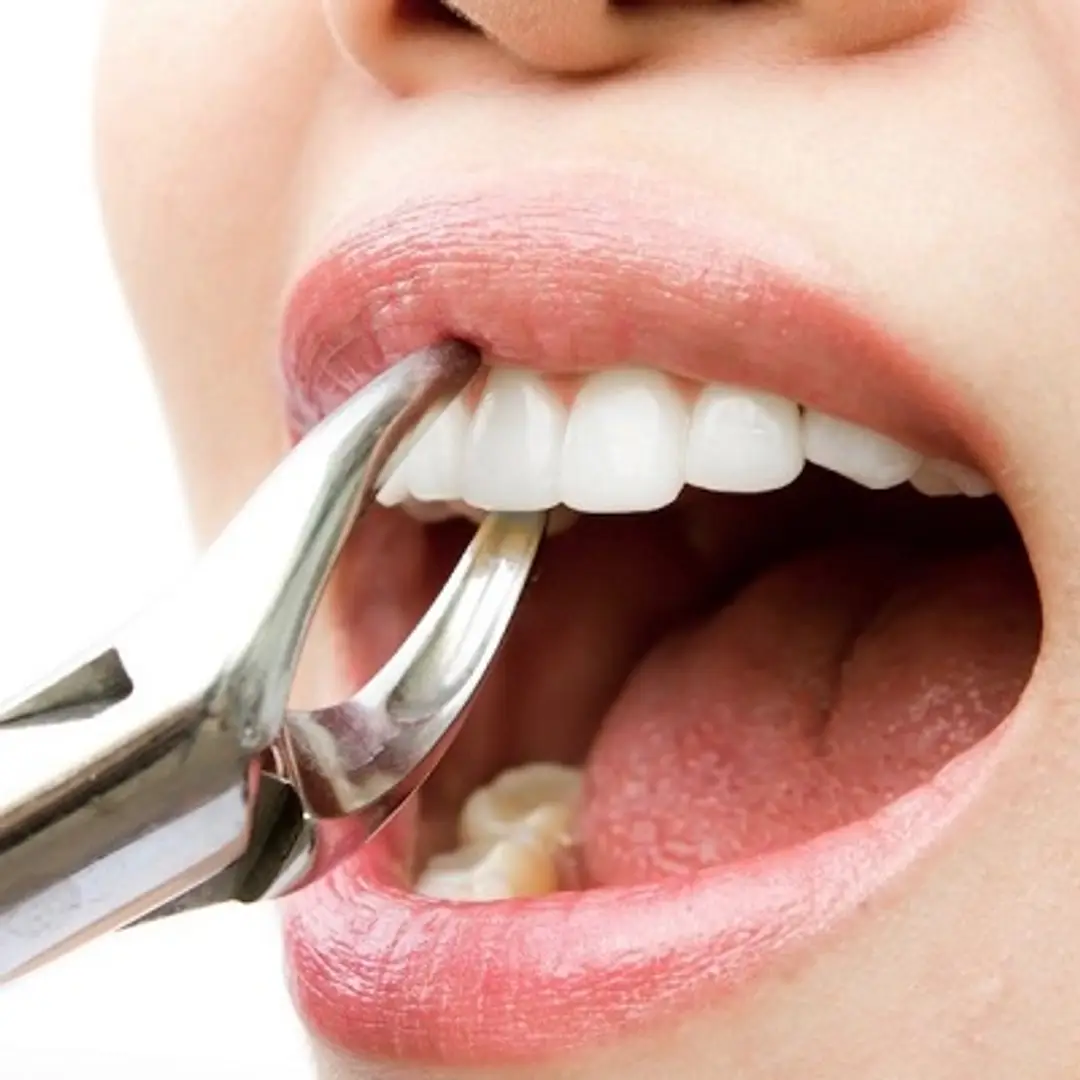

How to Care for Your Gums After Tooth Surgery
Tooth surgery, including extractions and other oral procedures, can leave gums sensitive and vulnerable. Proper care after surgery is essential for preventing infection, promoting healing, and maintaining overall oral health. For residents seeking Tooth Removal Dubai, understanding post-operative gum care ensures a smooth recovery and protects the surrounding teeth and tissues.
This article provides practical tips, expert advice, and guidance on maintaining healthy gums after tooth surgery.
Why Gum Care is Crucial After Tooth Surgery:
After a tooth removal or surgical procedure, the gum tissue around the extraction site undergoes a healing process. Improper care can lead to complications such as:
Infections:
Bacteria can accumulate in the healing site if not cleaned properly.
Dry socket:
This occurs when the blood clot protecting the wound dislodges, delaying healing and causing severe pain.
Swelling and discomfort:
Poor care may prolong inflammation.
Delayed healing:
The gums may take longer to recover, impacting overall oral health.
Dental clinics in Dubai emphasize that proper gum care is just as important as the surgery itself for ensuring optimal recovery.
Immediate Post-Surgery Care:
Controlling Bleeding and Protecting the Site:
Immediately after surgery, patients should:
Bite gently on the gauze pad provided to control bleeding for 30–60 minutes.
Avoid rinsing, spitting, or using straws in the first 24 hours, as these actions can dislodge the protective clot.
Keep the head elevated to minimize bleeding and swelling.
These steps protect the gums and promote proper healing.
Managing Pain and Swelling:
Pain and swelling are normal after tooth surgery. Strategies include:
Using prescribed or over-the-counter pain medications as directed by the dentist.
Applying cold compresses to the cheek in the first 24 hours to reduce swelling.
Switching to warm saltwater rinses after 24 hours to soothe the gums and cleanse the area.
Dental professionals providing tooth removal Dubai ensure that patients understand pain management and proper care techniques.
Maintaining Gum Hygiene After Surgery:
Gentle Cleaning Techniques:
While brushing is essential, the extraction site requires careful attention:
Avoid brushing directly over the surgical site for the first few days.
Clean surrounding teeth and tongue gently to remove bacteria and food debris.
Use a soft-bristled toothbrush to minimize irritation.
Rinsing for Healing:
Rinsing helps keep gums clean and supports recovery:
Mix ½ teaspoon of salt in a glass of warm water.
Rinse gently 2–3 times a day, especially after meals.
Avoid vigorous swishing, which can disturb the clot.
Avoiding Irritants:
Certain habits can impede gum healing:
Smoking or chewing tobacco
Alcohol consumption
Hot, spicy, or acidic foods
Following these precautions reduces inflammation and prevents infection.
Diet Recommendations for Gum Health:
Proper nutrition supports gum recovery and overall oral health:
Soft foods like yogurt, mashed vegetables, soups, and smoothies are ideal.
Hydration is important; drink plenty of water and non-carbonated beverages.
Balanced nutrition rich in vitamins and minerals accelerates tissue repair and strengthens gums.
Patients should avoid chewing on hard foods near the surgical site until fully healed.
Long-Term Gum Care After Tooth Removal:
Even after initial healing, continued care is important:
Routine dental check-ups ensure the gums and surrounding teeth remain healthy.
Replacing missing teeth with implants, bridges, or partial dentures prevents misalignment and supports jaw health.
Maintaining oral hygiene with regular brushing, flossing, and professional cleanings protects gum tissue.
By following these steps, patients can prevent complications and support long-term oral wellness.
FAQs:
When can I start brushing near the surgical site?
Patients should wait 24–48 hours before gently brushing around the area, avoiding direct contact with the wound initially.
How long does it take for gums to heal after tooth surgery?
Soft tissue usually heals within 1–2 weeks, while underlying bone may take several months to fully recover.
Can I use mouthwash after surgery?
Alcohol-free or dentist-recommended antimicrobial mouthwashes are safe after 24 hours. Avoid vigorous rinsing to protect the blood clot.
How can I prevent dry socket?
Do not smoke, use straws, or disturb the surgical site. Follow all post-operative instructions provided by your dentist.
Are there foods to avoid during gum recovery?
Yes. Avoid hard, crunchy, hot, spicy, or acidic foods that can irritate the surgical site.
How often should I visit the dentist after tooth removal?
Most dentists recommend a follow-up visit within a week to monitor healing, with regular check-ups every 6 months afterward for ongoing gum health.
Conclusion:
Caring for gums after tooth surgery is vital for preventing complications, promoting healing, and maintaining long-term oral health. For residents seeking tooth removal Dubai, following professional guidance, practicing gentle oral hygiene, adhering to dietary recommendations, and attending follow-up appointments ensures a smooth recovery.
By prioritizing gum care and seeking timely dental advice, patients can protect their oral health, prevent infection, and support a healthy, confident smile. Dental clinics in Dubai offer expert support, ensuring that patients experience safe procedures, effective recovery, and long-lasting oral wellness.
Related Posts
© 2025 Invastor. All Rights Reserved

User Comments